Normal Tracing Numbers Worksheets Activities With Answers for Ages 4-7
18 filtered results
-
From - To
Welcome to our vibrant collection of Normal Tracing Numbers Worksheets, designed for children ages 4-7! These engaging activities help young learners develop essential fine motor skills and number recognition through fun and interactive tracing exercises. Each worksheet features bold, easy-to-follow numbers, allowing kids to practice their penmanship while enhancing their math skills. Parents and teachers will appreciate the included answer keys for quick reference and support. Perfect for home learning or classroom use, our tracing worksheets conveniently cater to various skill levels, ensuring a comprehensive learning experience. Encourage your child's confidence in math today! Download and start tracing!
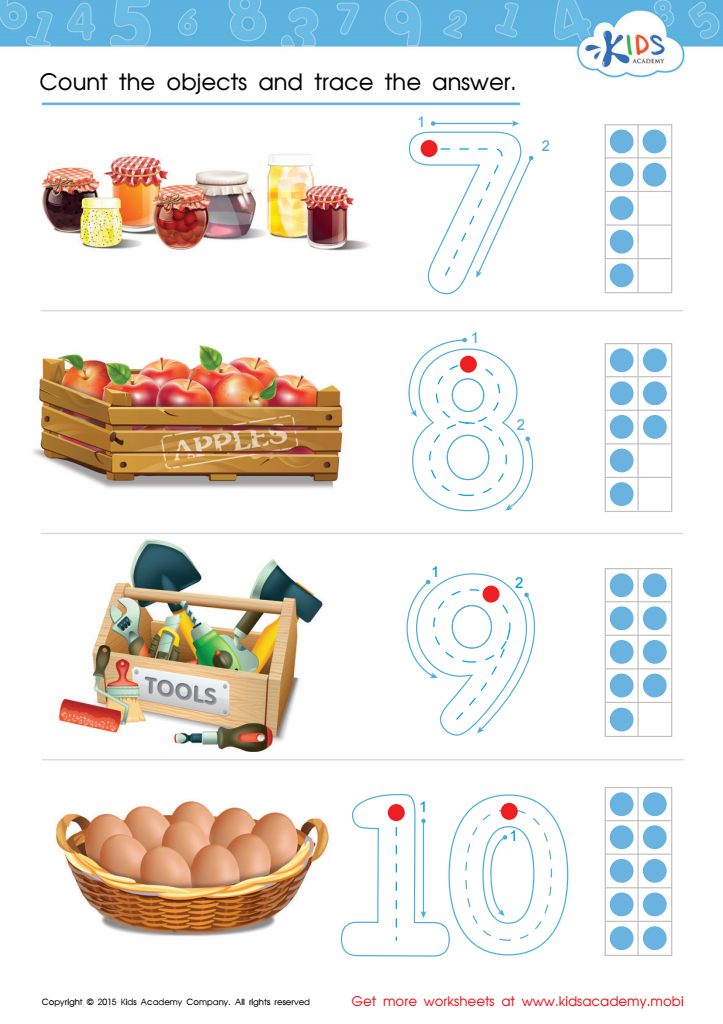

Count and Trace 7 – 10 Worksheet
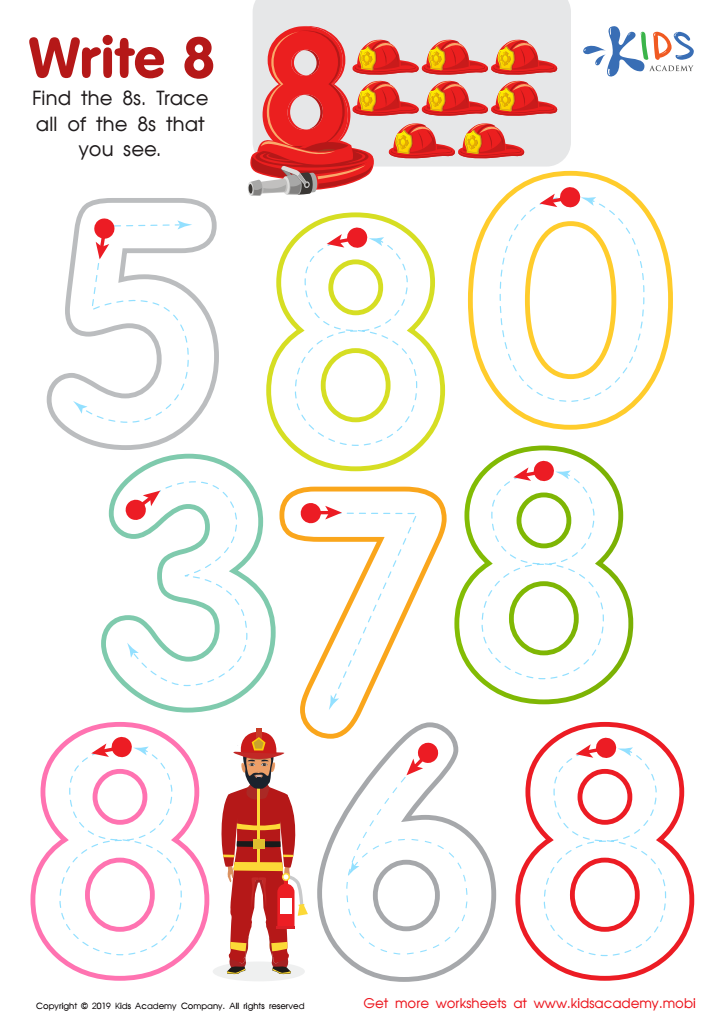

Write 8 Worksheet
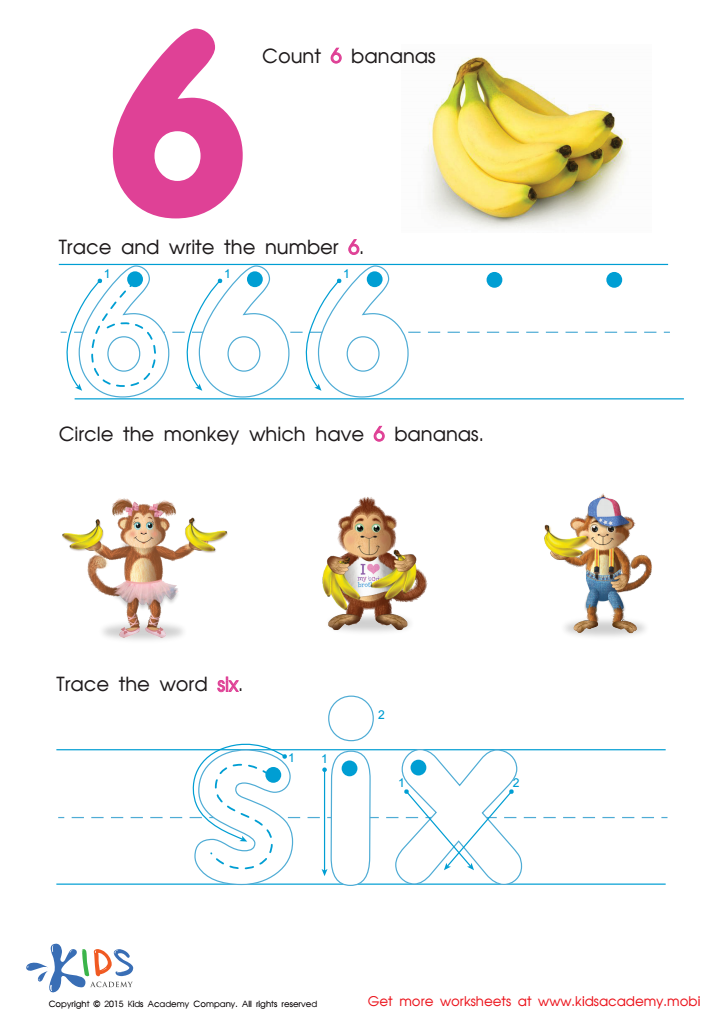

Tracing And Writing Number 6 Worksheet
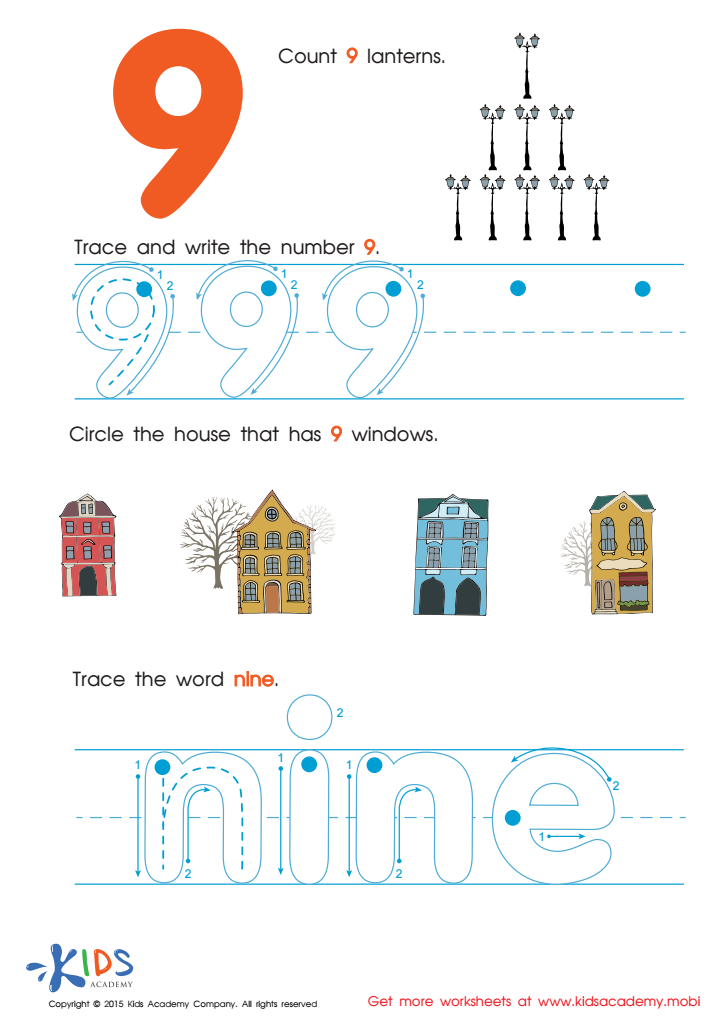

Tracing And Learning to Write Number 9 Worksheet
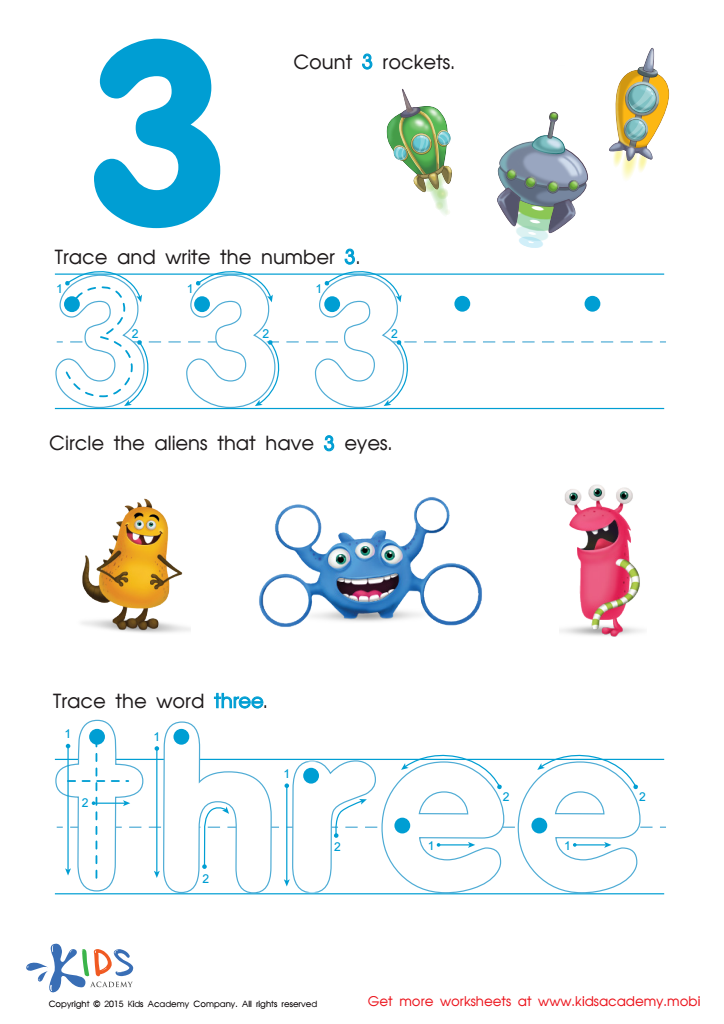

Learning Number Three Worksheet


Finding 5 in the Family Worksheet
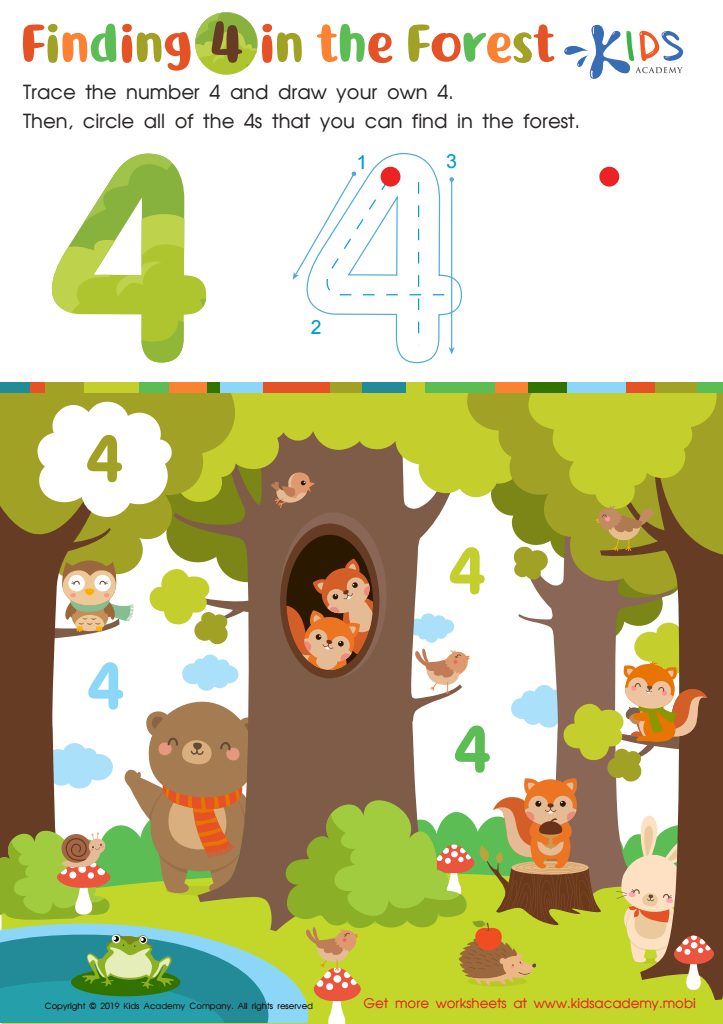

Finding 4 in the Forest Worksheet
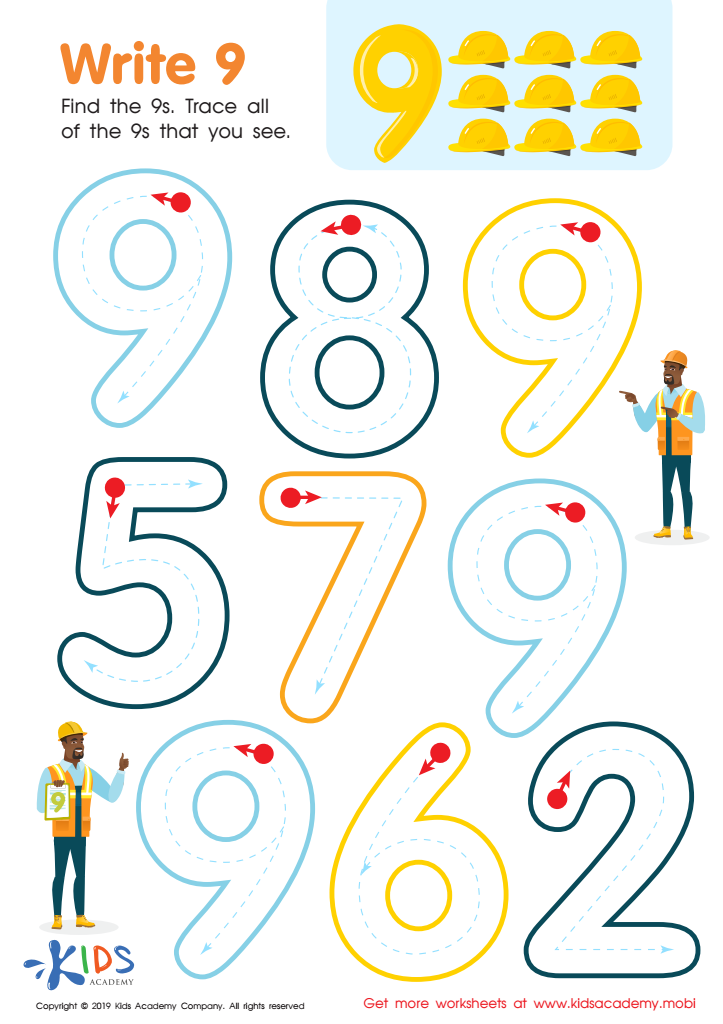

Write 9 Worksheet
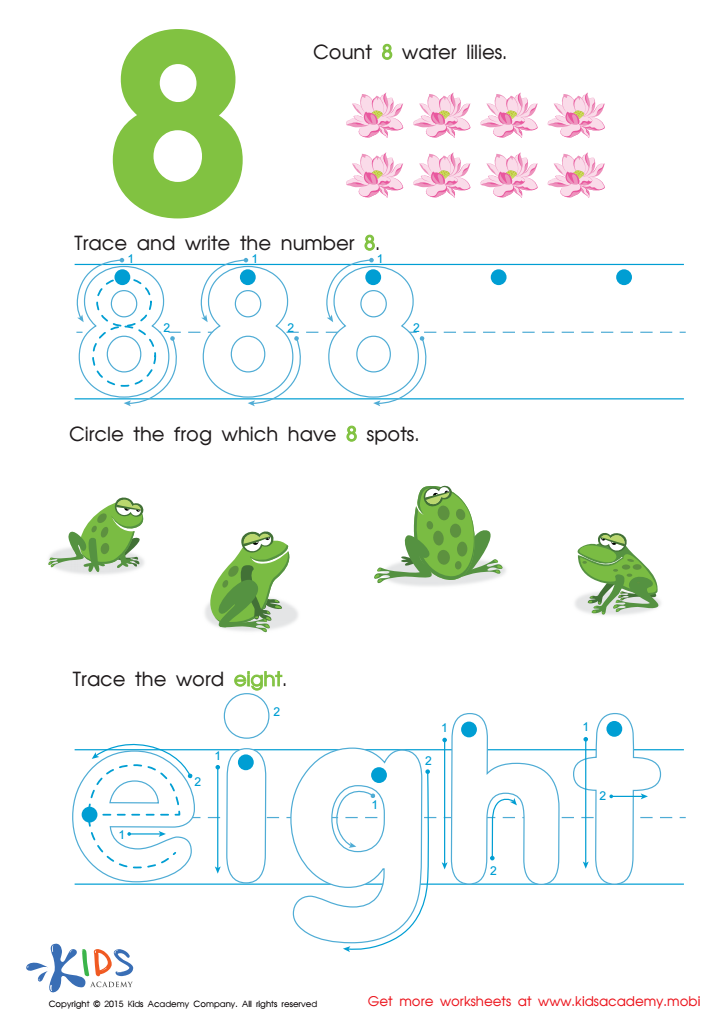

Learn Number 8 Easily Worksheet
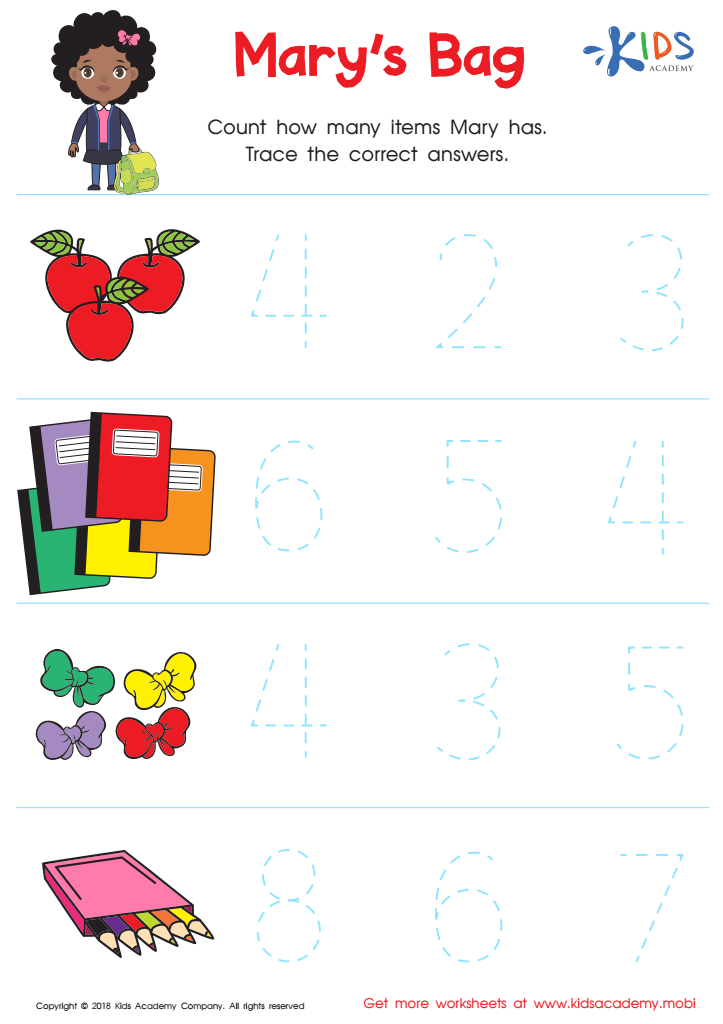

Kindergarten Number Tracing: Mary's Bag Worksheet
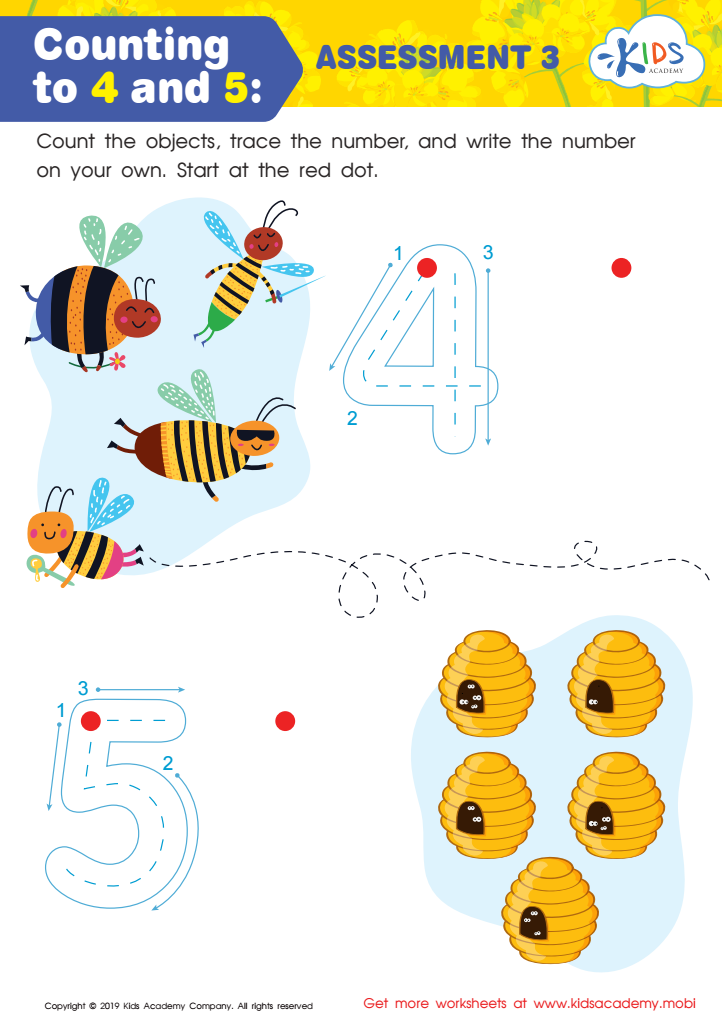

Counting to 4 and 5: Assessment 3 Worksheet
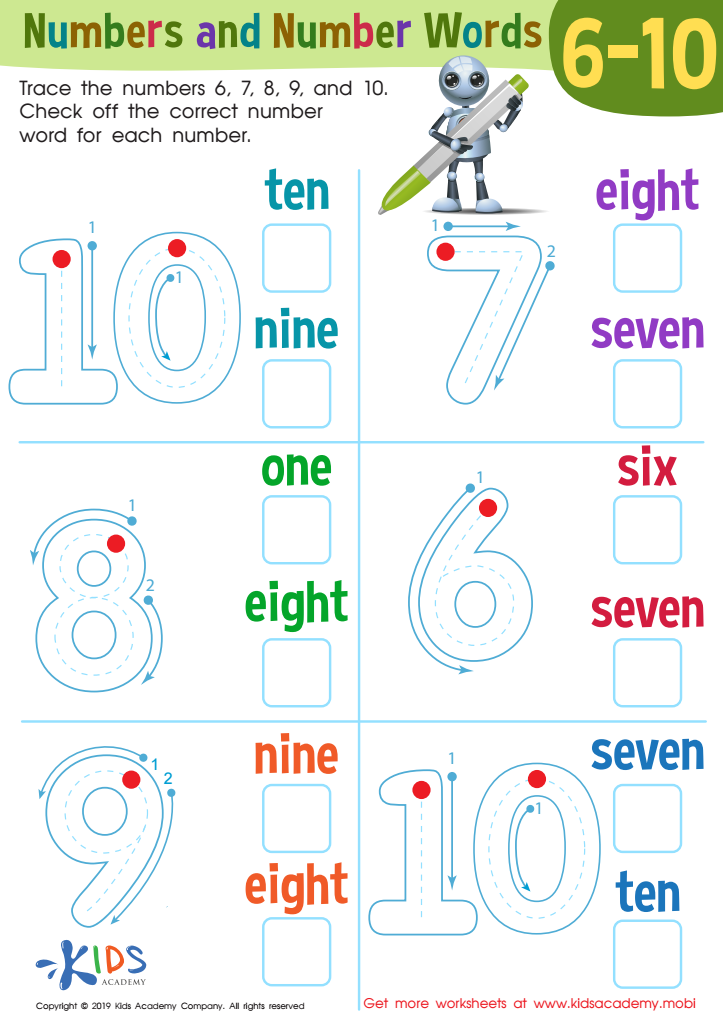

Numbers and Number Words 6–1 Worksheet
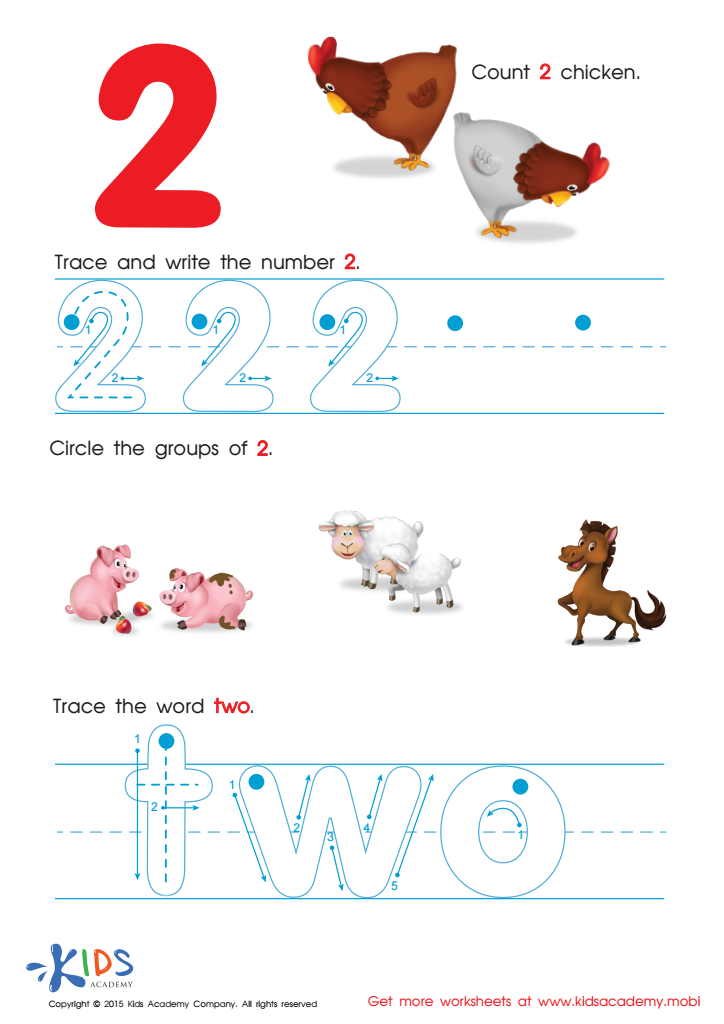

Learn to Write the Number 2 Worksheet
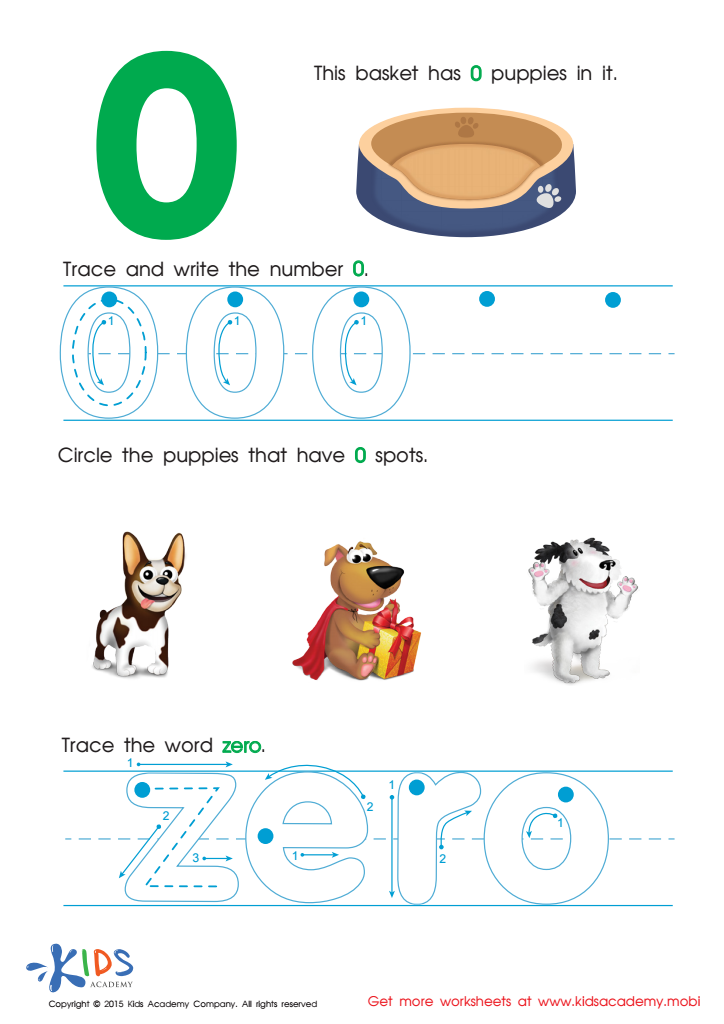

Trace And Write Number 0 Worksheet
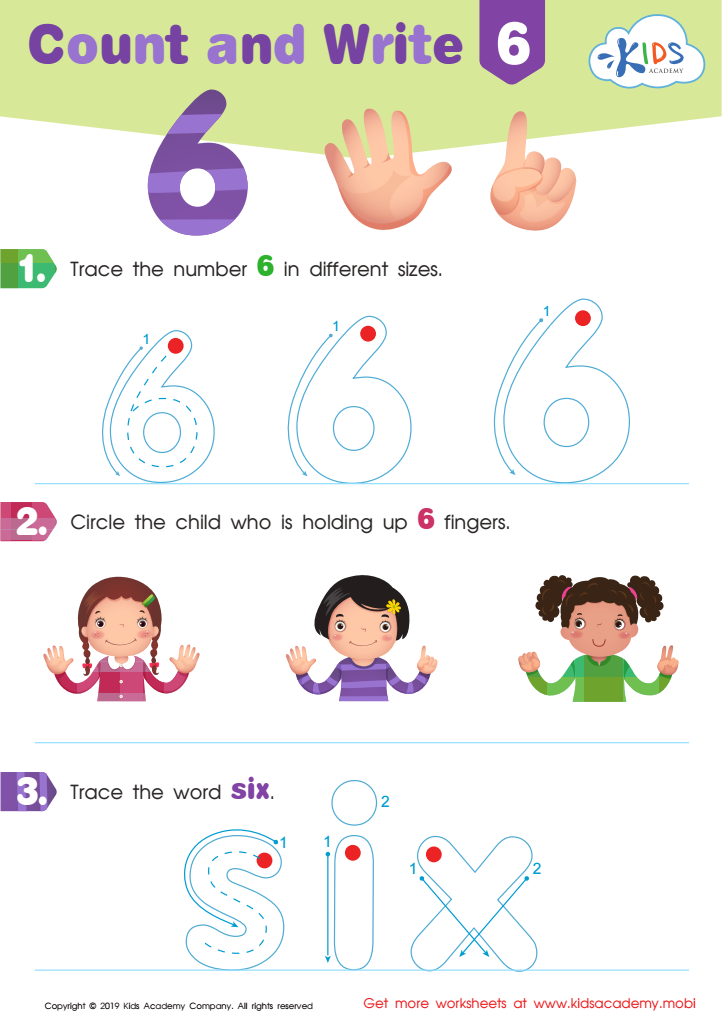

Count and Write 6 Worksheet
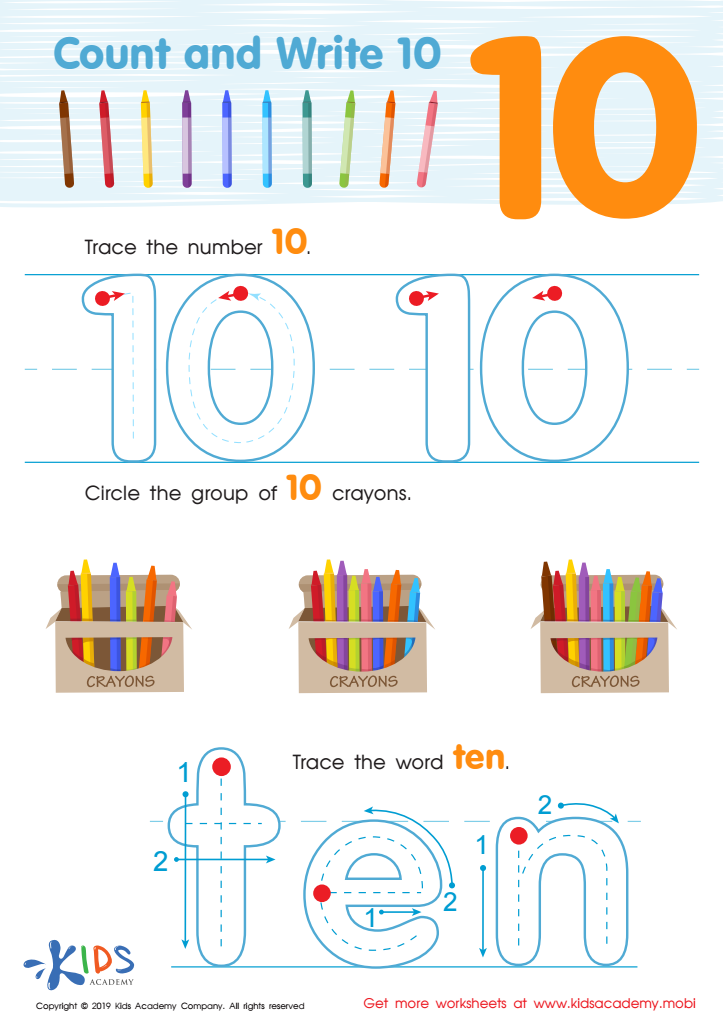

Count and Write 10 Worksheet
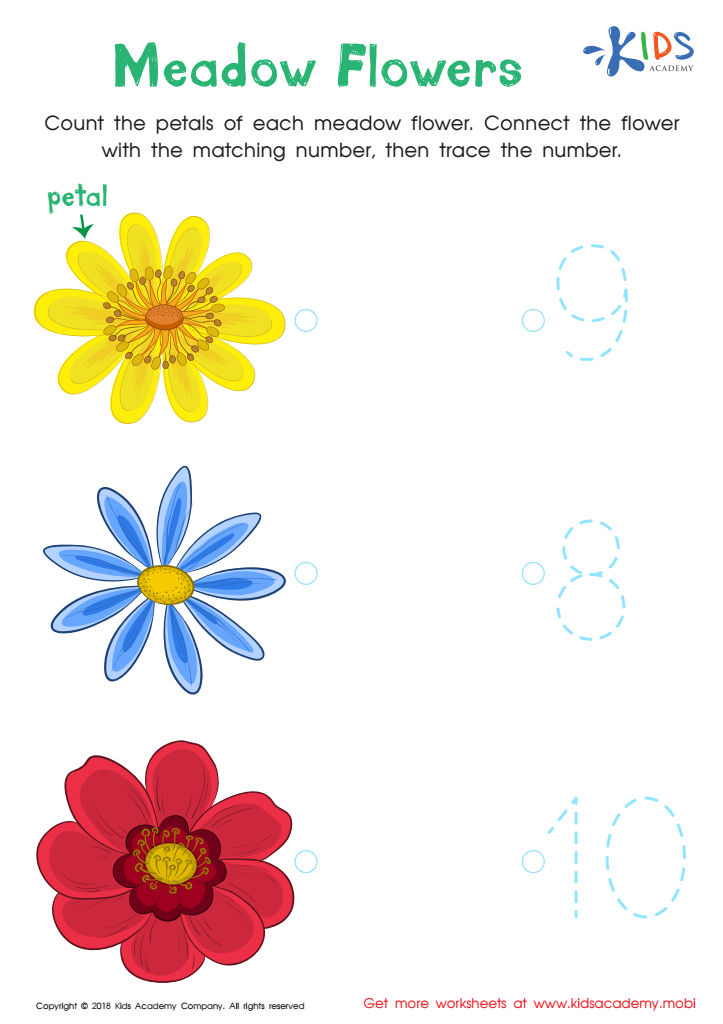

Kindergarten Number Tracing: Medow Flowers Worksheet
Normal tracing numbers activities for children aged 4-7 play a crucial role in early childhood education. These activities are designed to develop fine motor skills and hand-eye coordination, essential for writing and other tasks. When parents and teachers engage young learners in tracing number activities, they are laying a solid foundation for mathematics skills. By practicing number recognition and forming numerals, children not only gain a better understanding of numerical concepts but also build confidence in their mathematical abilities.
Furthermore, these activities foster cognitive development. Kids being involved in tracing numbers assist them in developing focus, patience, and attention to detail. Incorporating fun and interactive methods, such as colorful worksheets or engaging games, keeps children motivated and instills a love for learning.
Moreover, providing answers and guidance for these activities helps parents and teachers give constructive feedback. This critical reinforcement can improve a child’s ability to visualize and appreciate numerical relationships, ultimately supporting their overall academic success.
In summary, parents and teachers should prioritize normal tracing number activities as they contribute significantly to a child's cognitive, motor, and mathematical development, ensuring they are well-prepared for future learning challenges.

 Assign to My Students
Assign to My Students
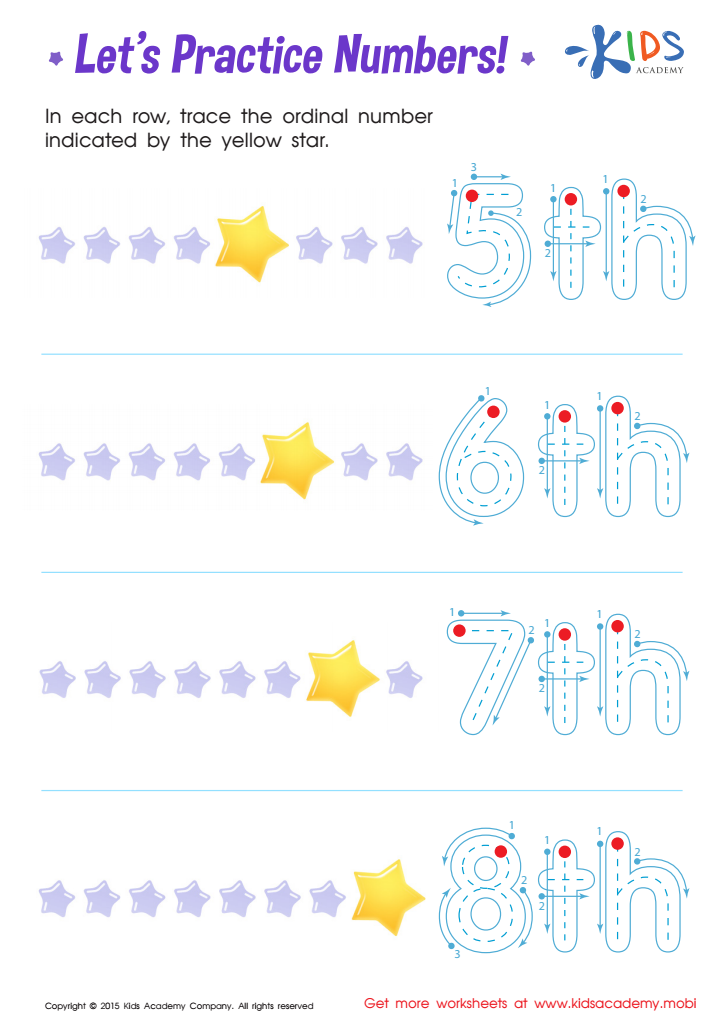





.jpg)










